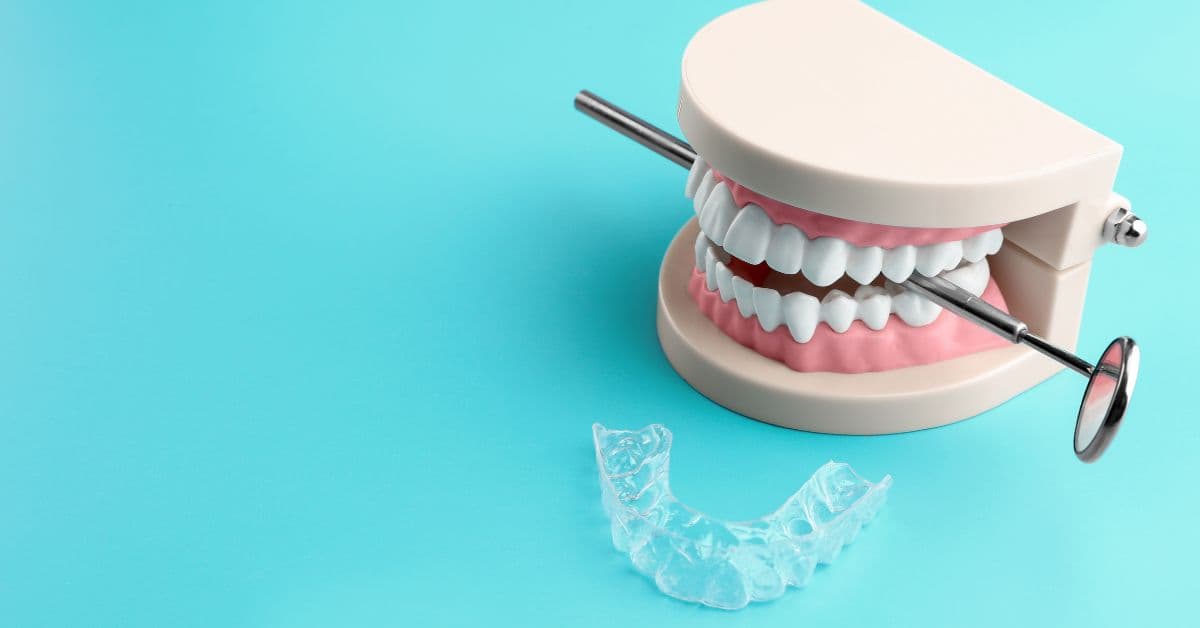Globally-and also in Italy-there has been an increase in cases of bruxism as a consequence of the stress due to the pandemic.
In fact, bruxism is a disorder that leads a person to grinding or gritting their teeth during the day and from awake (bruxism daytime) o overnight during sleep (nocturnal bruxism).
The nocturnal bruxism is considered a sleep-related movement disorder; in fact, people who They clench or grind their teeth as they sleep are also more likely to have other sleep disorders, such as snoring or sleep apnea.
The problem with nighttime bruxism is. we often do not realize that we suffer from this disorder; in fact, it is frequently the person we sleep with who points out that we grind our teeth at night (we can tell by the characteristic noise that can be so loud that it wakes up those we are close to!).
Mild bruxism usually does not need to be treated, but when the case is severe, action must be taken because we can manifest several complications: Broken or chipped teeth, headache, back pain, jaw pain, worn tooth enamel, etc.
If you think you are suffering from bruxism, report it to your dentist, who will examine your teeth to determine if in fact there are signs of bruxism and, if necessary, recommend using a bite, which is a special resin bite mask to be worn at night to prevent the teeth from being damaged With the continuous rubbing!
[Medical Director of the practice: Dr. Mauro Savio, Tessera Albo Odontoiatri Ordine Provinciale dei Medici Chirurghi e degli Odontoiatri di Milano n. 4168]

